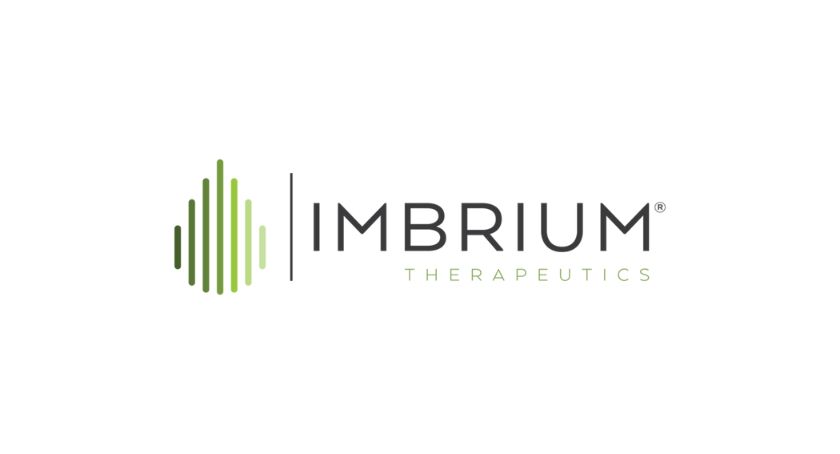BIO 2025
Imbrium Therapeutics Presents Promising Investigational Agents
Aims to secure partnerships that further advance novel therapies.

Imbrium Therapeutics L.P., a clinical-stage biopharmaceutical company, is presenting two investigational agents, sunobinop and tinostamustine, at the BIO International Convention.
Sunobinop is a novel, first-in-class, nociceptin receptor partial agonist. The orally active investigational drug is in Phase 1b/2a clinical development for multiple indications, including alcohol use disorder (AUD), interstitial cystitis/bladder pain syndrome (IC/BPS), and overactive bladder (OAB). Related to AUD, sunobinop’s pharmacological properties offer a unique approach under investigation for alcohol craving, consumption and sleep issues; it has the potential to be the first new modality in AUD in almost 20 years. Related to OAB and IC/BPS, sunobinop has been shown in early studies to target the sensory nerves in the bladder to affect urination, pain, and nocturia. Global or regional rights are available for partnership.
Tinostamustine is a novel, first-in-class, investigational drug combining DNA alkylating activity and histone deacetylase inhibition in a single molecule. It has the potential to be a first-line agent to treat patients with glioblastoma multiforme (GBM), a highly aggressive form of brain cancer. In Phase 1 studies as an adjuvant to standard chemoradiation, tinostamustine was shown to improve survival in difficult-to-treat newly diagnosed patients and is on track for accelerated development. It has the potential to be the first new chemotherapeutic to treat GBM in more than 20 years. Tinostamustine has also shown promise in early clinical studies in other solid and hematological tumors. U.S. rights are available for partnership.
“We are committed to securing partnerships that further advance promising novel therapies,” said David Saussy, Head of Licensing & Business Development. “We look forward to presenting these pipeline highlights at BIO and moving our research programs forward to help address unmet patient needs.”



